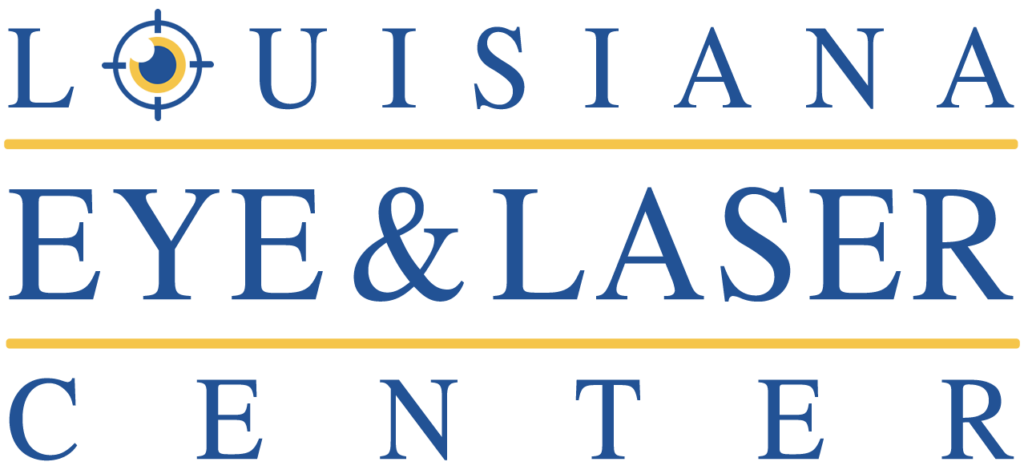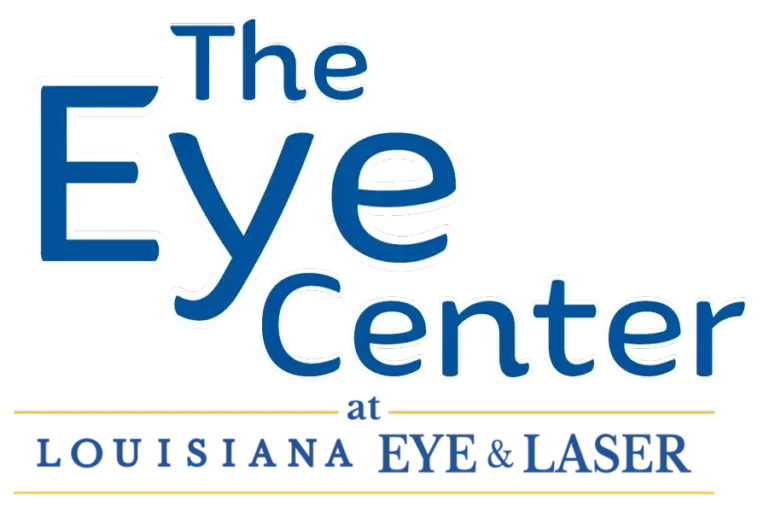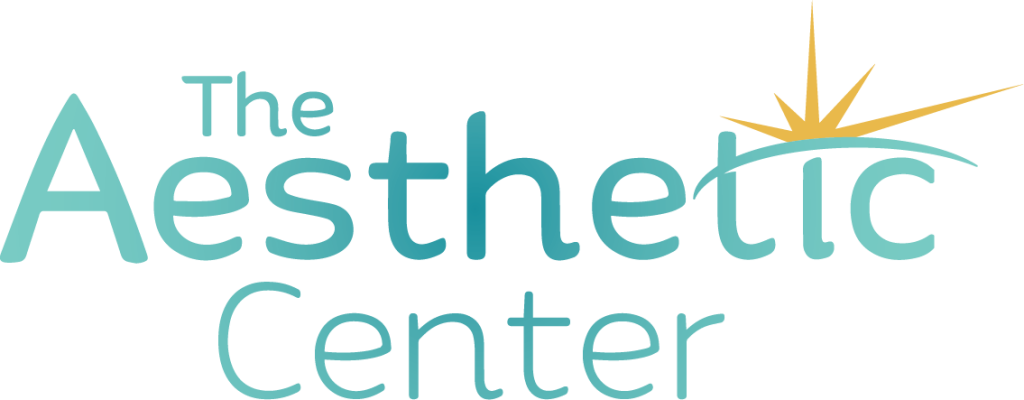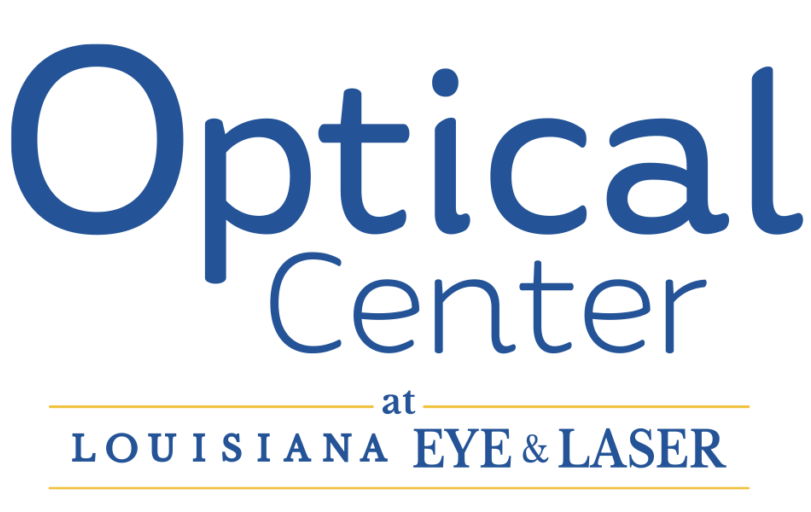Q: What is a Cataract?
A: A cataract is a clouding of the eye’s internal lens. For most people, it gradually develops throughout life and may cause visual difficulty as we age.
Q: What are the Symptoms of Cataracts?
A: Early on, symptoms of a cataract may be mild. Most people notice a distracting glare from oncoming headlights when driving at night. Also, they may require more light to read comfortably. Other symptoms include blurriness, double-vision, discolored vision (things look more yellow), glare or light sensitivity, or overall reduced color vision.
Q: What Causes A Cataract?
A: Aging is the most common cause of cataracts. Other factors include a family history of cataracts, past eye trauma, if you have certain medical conditions such as diabetes, or have had an increased exposure to UV lights without proper eye protection.
Q: When Should I have my Cataract Removed, And Why?
A: The decision for surgery is based upon your individual quality of life. Visual difficulties interfering with normal daily activities, like driving or reading, may be an indication you are ready for surgery.
Q: What is a Monofocal Lens Implant?
A: Monofocal lenses have been the standard of care for decades. When your surgeon removes your cataract, he/she implants a powered lens or intraoclular lens (IOL), often a monofocal lens implant. Some patients may still require glasses for seeing in the distance, and all will need glasses for reading and intermediate distances.
Q: What Is Laser Cataract Removal?
A: Laser cataract surgery allows surgeons to make incisions in the cornea with better precision than with a blade. It also helps the surgeon with the lens capsulotomy and breaking the cataract into small, precise pieces for easier removal (generally, utilizing significantly less energy within the eye). Laser cataract surgery can also treat small amounts of astigmatism.
Q: How Do You Correct Astigmatism?
A: For patients that require minor or low levels of astigmatism correction, your surgeon will provide a laser limbal relaxing incision (LRI). For patients that require high levels of astigmatism correction, your surgeon will implant a toric intraocular lens (IOL), which has remarkable precision and outcomes. Sometimes, your surgeon may use laser vision correction to fine-tune your astigmatism correction.
Q: What Is a Premium IOL Lens Implant?
A: For patients that want to reduce their dependency on glasses altogether, especially for near and intermediate distance, a premium intraocular lens (IOL) would be for them. There are varying types of premium lenses, including multifocal and accommodative lenses. During your evaluation, your surgeon will help you choose a lens that best fits your lifestyle goals and budget.
Schedule An Appointment Today
If you are interested in learning more about cataract removal at one of our offices in central Louisiana, please contact us today.
